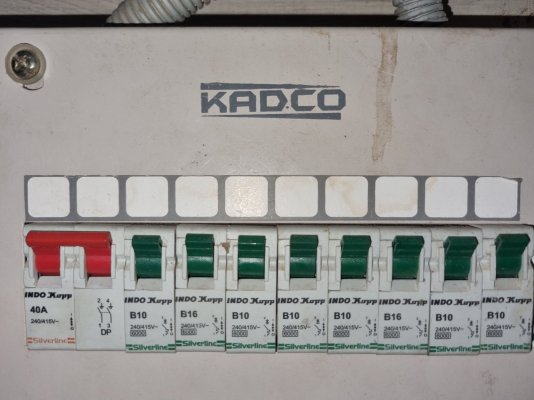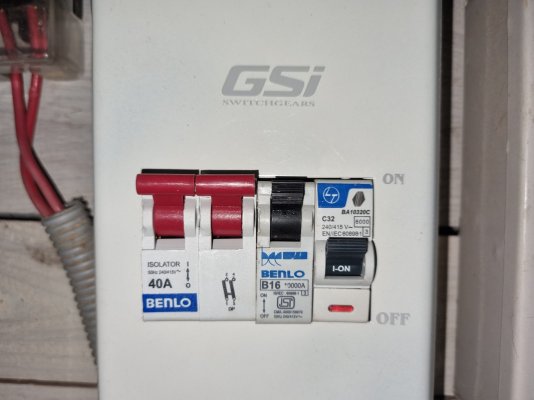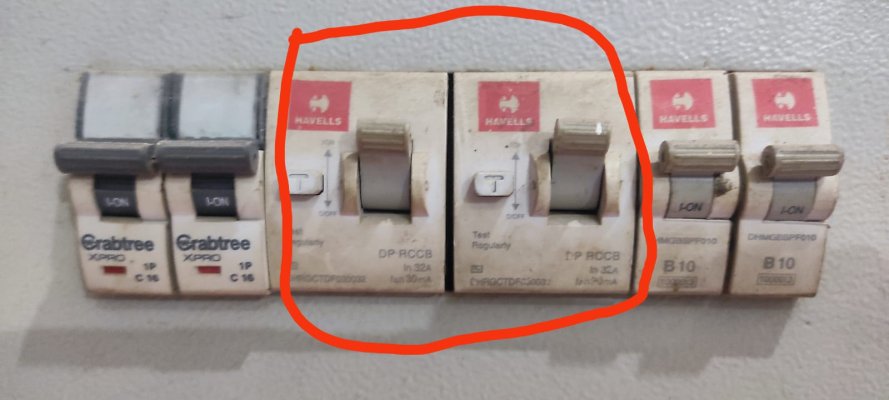grenade0
Discoverer
So I read somewhere that circuit breakers only provide protection to wires and home appliances and does not provide any protection to humans, And there is some other kind of circuit breaker called RCCB required for that purpose.
So can anyone please in simple terms explain what are these RCCB circuit breakers? are they necessary or the normal circuit breakers enough to protect humans? Is there any load limit to these RCCBS?
Thanks
So can anyone please in simple terms explain what are these RCCB circuit breakers? are they necessary or the normal circuit breakers enough to protect humans? Is there any load limit to these RCCBS?
Thanks






